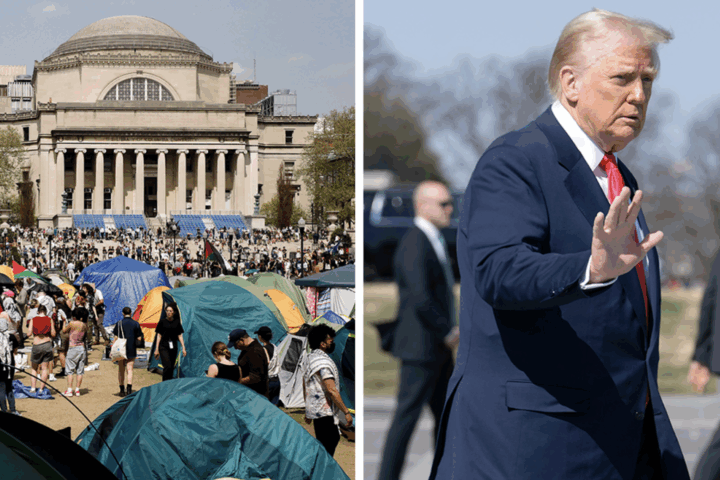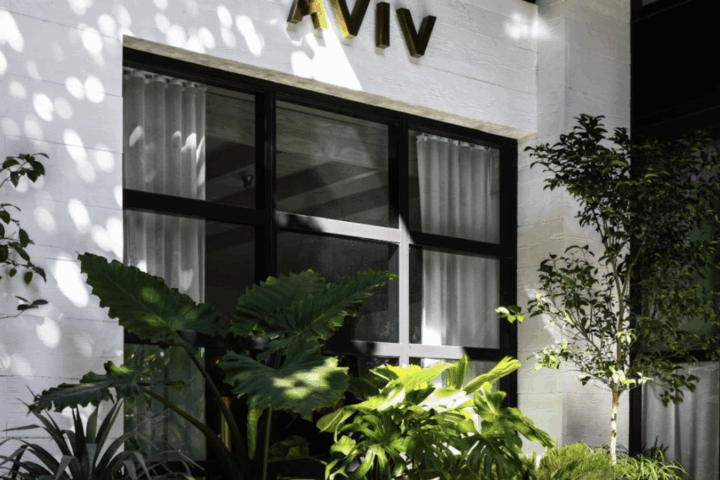There is no doubt that life as we know it is currently on hold. Everyone is home from school, work, and over thirty million Americans have lost their jobs since the beginning of the pandemic. Stores and restaurants are closed, parks are closed, basketball hoops are being taken down, and nobody is shaking hands. It is unknown how long it will be this way. Experts say a vaccine typically takes between twelve and eighteen months to synthesize (so at this point hopefully it will only take about another year). But even when we do return to school and work it is possible that some aspects of human behavior and interaction with one another will change forever.
We have already seen the handshake – an integral part of the introduction between and greeting of two humans – take a backseat in the wake of the pandemic. In substitution we have seen people foot tap, nod to each other, and an elbow bump (which is apparently also unsafe because in order to execute one requires coming within six feet of another person).
Dr. Anthony Fauci, the director of the National Institute of Allergy and Infectious Disease, has said on multiple accounts that handshaking needs to stop altogether. Whether we know it, want to admit it, or not, our hands are usually covered in bacteria and other filth, which are transferred from hand to hand with every shake. Fauci, in an interview with the Wall Street Journal said, “I don’t think we should ever shake hands ever again, to be honest with you. Not only would it be good to prevent coronavirus disease, it probably would decrease instances of influenza dramatically in this country.”
The handshake was invented in the 5th Century B.C.E. in Ancient Greece. Two people would shake hands to indicate that neither one was armed, and that it was to be a peaceful interaction. Even though the handshake has been a part of human life for thousands of years, humans may have to find a new and innovative way of greeting. Hopefully the sidelining of the handshake is only temporary until there is a vaccine for the coronavirus.





